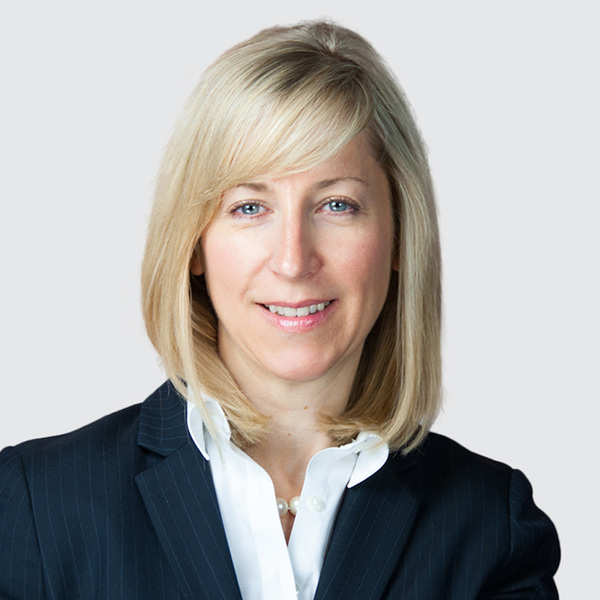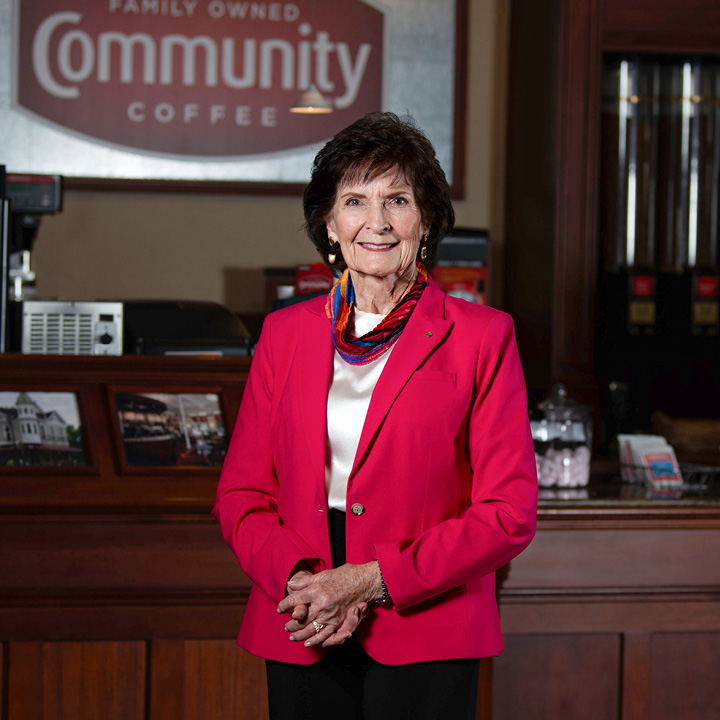It might surprise some people who don’t know the company well, but Mars is a 110-year-old family-owned business. Tell us about how you have successfully navigated a career in the family business.
My father and uncle believed very strongly that, as a family member, you started at the entry level, so I joined the firm as an assistant brand manager, and then I evolved over time, moving to new job opportunities throughout the firm as they opened up.
Mars is the only company I have ever worked for, and that’s not necessarily a good thing in a family business. Now, we encourage family members to get outside experience first. One of the difficult aspects of being a family member in a family business is that you often wonder whether you are doing a good job and receiving true evaluations of your performance. That can hurt your self-esteem. Being able to say you were successful somewhere else first helps you understand your strengths and capabilities and be more confident in your success within the family business.
The other challenge in a family business is the discovery and then acknowledgment of who you are in that family business. My father and uncle always taught us that we were just like everybody else. We didn’t have any special privileges and were expected to blend in. But as I started to gain seniority (about my mid-30s), I realized suddenly this was no longer the case. As much as most wanted to treat me that way, I knew I was being watched more carefully and that what I said and did mattered. You need to be conscious of your actions – both in and out of the office. For example, you don’t want to give the impression that you have favorites among the associates. When I came to this realization, it was a sad moment. I had to temporarily (until either they or I retired) create some distance in my friendships with colleagues. I found this to be challenging and isolating.
One final point: We realize that if family members are going to work for the family business, then the end objective is for them to be successful. The worst possible outcome is for a family member to work in the family business and fail, because that causes all kinds of problems. We are focused on developing a family employment system for the next generation so that if they do join the business, we are setting them up to succeed.



